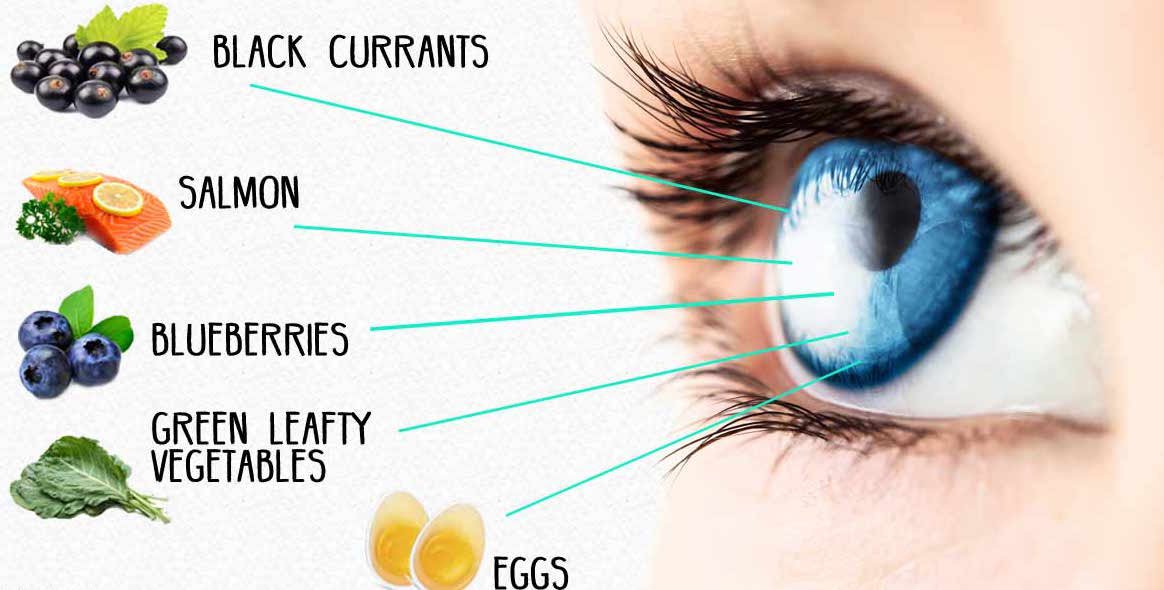
In the pursuit of holistic health, eye health often takes a backseat, overshadowed by more prominent health concerns. However, the health of our eyes is pivotal to our quality of life. Recent advancements in nutritional science have shed light on how diet directly affects our vision and eye health. This article explores the essential nutrients for eye health, the impact of diet on common eye conditions, and practical dietary strategies to maintain and enhance vision.
The Connection Between Diet and Eye Health
Nutrients Essential for Healthy Eyes
Vitamin A: Crucial for maintaining the retina’s health, vitamin A deficiency can lead to night blindness and more severe eye conditions.
Omega-3 Fatty Acids: Found in fish, these fats are essential for visual development and retinal function.
Vitamin C and E: Antioxidants that protect the eyes from oxidative stress, which can cause age-related eye damage.
Zinc: Plays a vital role in transporting vitamin A from the liver to the retina.
Lutein and Zeaxanthin: These carotenoids, found in green leafy vegetables, protect the eyes from harmful light waves.
Impact on Eye Conditions
A nutritious diet can significantly impact various eye conditions:
Age-Related Macular Degeneration (AMD): Diets rich in lutein, zeaxanthin, and omega-3 fatty acids can slow its progression.
Cataracts: Antioxidant-rich diets may delay their development.
Dry Eye Syndrome: Omega-3 fatty acids can improve symptoms.
Diabetic Retinopathy: A balanced diet helps in managing diabetes, thereby reducing the risk or slowing the progression of retinopathy.
Dietary Strategies for Eye Health
Incorporating Eye-Healthy Foods
Colorful Fruits and Vegetables: Include a variety of colorful fruits and vegetables, particularly leafy greens like spinach and kale, for lutein and zeaxanthin.
Fish and Omega-3 Sources: Consume fish, especially oily fish like salmon, which are high in omega-3 fatty acids.
Nuts and Seeds: Almonds, sunflower seeds, and peanuts are excellent sources of vitamin E.
Eggs: Provide lutein, zeaxanthin, and zinc.
Whole Grains: Reduce the risk of AMD due to their low glycemic index.
Limiting Harmful Foods
Reducing intake of foods high in saturated fats and sugars is crucial as they can increase the risk of eye diseases.
Overcoming Barriers to a Healthy Diet
Accessibility and Affordability
Ensuring that nutritious foods are accessible and affordable to all socio-economic groups is vital in promoting eye health.
Education and Awareness
Raising awareness about the importance of nutrition for eye health and educating people on incorporating healthy foods into their diet are key.
The Future of Nutrition and Eye Health
With ongoing research, the link between nutrition and eye health is becoming increasingly clear, opening new avenues for preventing and managing eye conditions through dietary choices.
Conclusion
The adage “you are what you eat” holds especially true for eye health. A diet rich in key nutrients not only enhances overall health but plays a critical role in maintaining and improving our vision. As we continue to understand the intricate link between diet and eye health, the role of nutrition in preserving our sight becomes more evident. A balanced, nutrient-rich diet is, thus, an essential component of a lifestyle geared towards nurturing our most vital sensory organ – our eyes.
